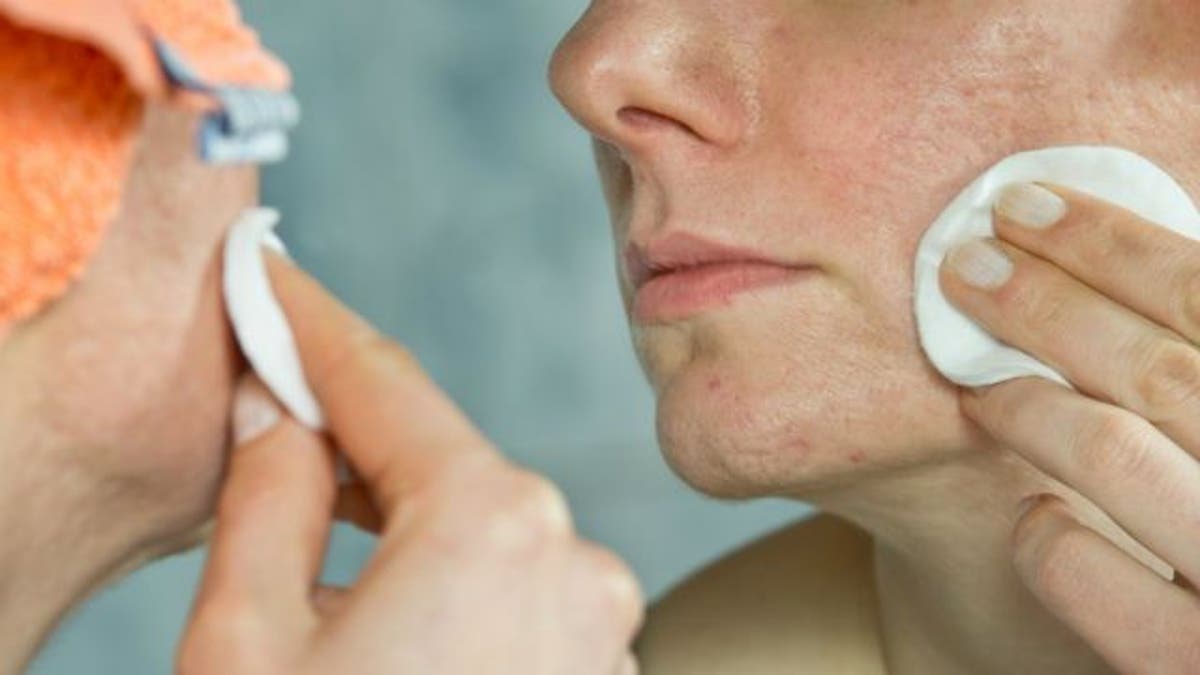
Three months after Danielle Schwarz began taking antibiotics for a severe case of acne, her doctor began to notice a disturbing pattern among her patients—this mainstay treatment for the skin condition increasingly wasn’t working.
“I was canceling plans, didn’t want anyone to see me,” says Ms. Schwarz, a 25-year-old bank analyst in New York.
Her doctor, Whitney Bowe, a clinical assistant professor of dermatology at the Icahn School of Medicine at New York’s Mount Sinai Medical Center, kept Ms. Schwarz on the antibiotics a short while longer. Then, about 18 months ago she switched her to a completely different approach to treatment: a variety of yet-to-be proven therapies that included diet modification and alternating monthly chemical peels and light treatments.
“We used to get more success with oral antibiotics,” says Dr. Bowe. But the bacteria responsible for causing acne have become so resistant to the drugs “that our ability to treat moderate to severe acne has become compromised,” she says.
Growing concern over antibiotic resistance is changing how dermatologists treat acne. They are relying more on topical treatments, which can require a lot of patient education and hand-holding to assure reliable use, and on hormonal medications for some women. Some dermatologists say they are putting more patients on isotretinoin, an effective acne drug with a controversial history that used to be sold under the brand name Accutane.








































